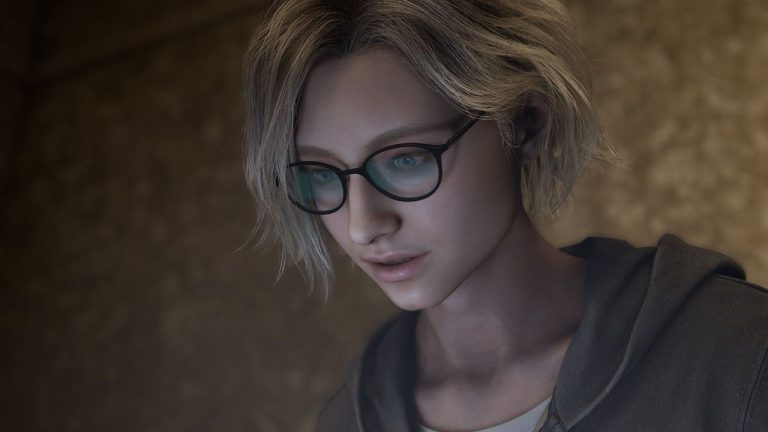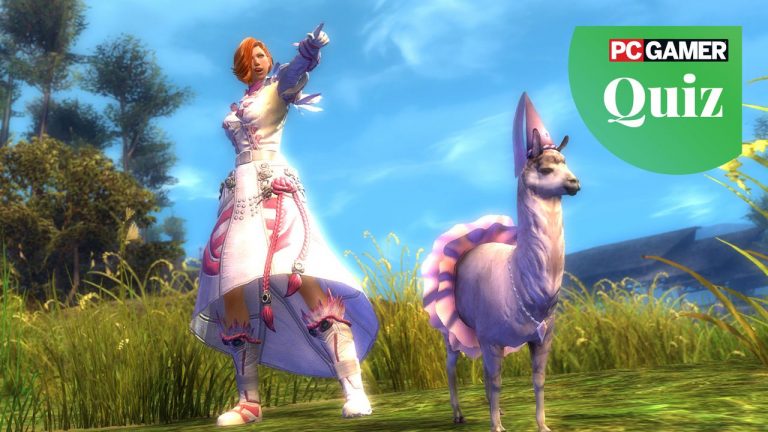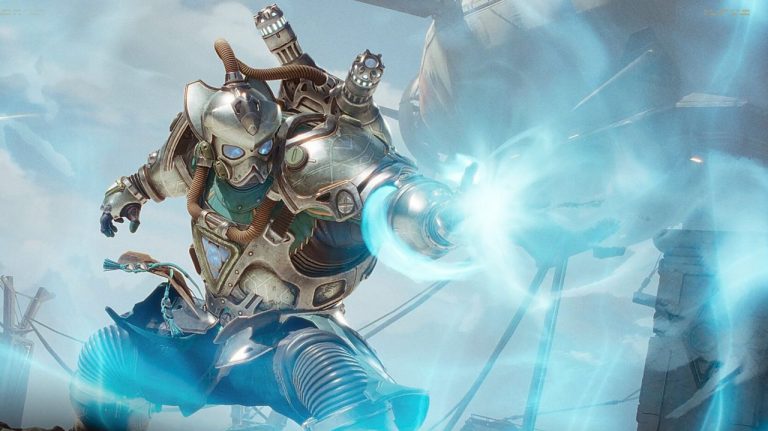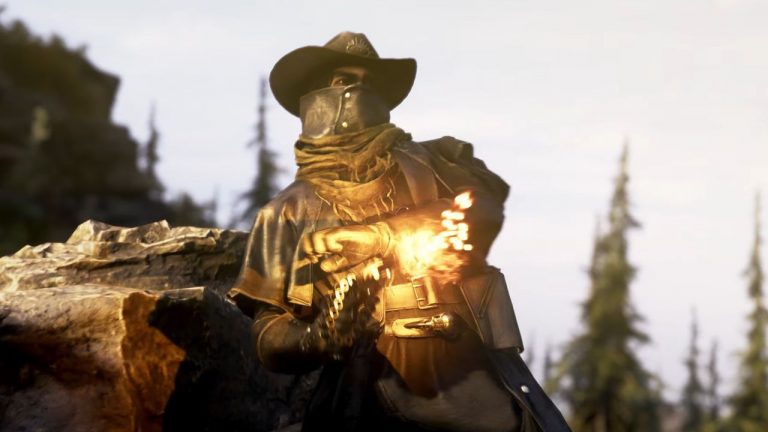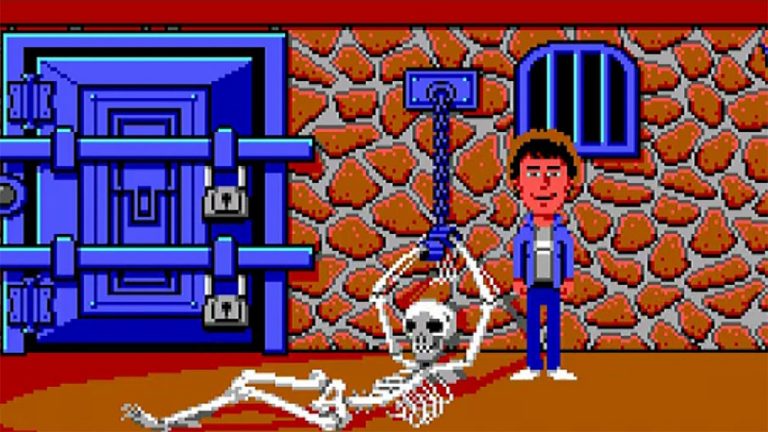If you’re a big fan of Sony’s Horizon Zero Dawn, you may have been a bit worried that the new remastered version would just be too much for your gaming PC, especially handheld devices. That last aspect hasn’t been helped by the fact that the remastered version isn’t verified for the Steam Deck, but having played HZDR on an Asus ROG Ally X, I’m pretty sure that it’ll be fine on the Steam Deck.
Guerrilla Games, the developers behind Horizon Zero Dawn, has pulled out all the stops with its remaster, with the help of Nixxes Software for the PC port. Sure, it’s still exactly the same game (it’s not a remake) but the original’s graphics look a little bit second-tier compared to what Horizon Forbidden West has to offer.
Well, not any more, and it’s a smorgasbord of visual effects, high-resolution textures, and luscious lighting. And to make sure it can run on as many gaming PCs as possible, you’ve got the full gamut of upscalers and frame generation systems, too.
Weighing in at 105 GB, the remaster is 33 GB larger than the first PC port of Horizon Zero Dawn. It’s not just a whole stack of better textures—the characters and environments have been rejigged to be much richer in appearance, while still true to the original.
The larger cities are especially nice in the remaster and they look far more like what you’d expect in a world that nature has reclaimed much of. If, like me, you’ve played the original game an awful lot, much will look familiar but certain aspects will feel noticeably altered—the same furniture, so to speak, but somewhat rearranged.
I’ve not delved into all the regions yet, but initial impressions are very encouraging and the machines look fantastic with maximum quality settings.
(Image credit: Sony)
(Image credit: Sony)
(Image credit: Sony)
(Image credit: Sony)
Of course, all of the added visual goodies come at a cost and if you go all out the quality settings, you’ll be faced with quite a dint in performance. Fortunately, you’ve got upscaling and frame generation to claw some of the frames back. Where the first Horizon Zero Dawn just had FSR 2 and DLSS, you’ve now got the latest version of AMD, Intel, and Nvidia’s systems.
In the case of FSR, that means you get AMD’s shader-based frame interpolater and best of all, it’s the version that’s decoupled from the upscaler. So if you have an Nvidia graphics card that can run the game, you’ll be able to use upscaling and frame generation, even if it’s not an RTX card or an RTX 40-series model.
Horizon Zero Dawn – 1080p, Original preset, FSR Balanced (Image credit: Sony)
Horizon Zero Dawn Remastered – 1080p Low, FSR 3 Balanced (Image credit: Sony)
With the ROG Ally X, I’d get around 42 fps on average in gameplay using the ‘Original’ quality preset (aka Low quality) and no upscaling. In the remaster, the handheld only achieves around 25 fps with the Low preset and 30 fps with Very Low.
But slap on a bit of FSR Balanced upscaling and frame generation, and you almost get 60 fps with the Low quality preset. Even the 1% low frame rates are over 30 fps.
It’s not all perfect, though. Some of the character models seem to have a bit too much of a light glow around them and while surface reflections are better, they’re still screen space ones, which can lead to some funky visuals at times. And not every texture appears to be better, too.
What you don’t get is the rather variable performance of the original. The remaster seems a lot more consistent, no doubt helped by Nixxes’ work in managing shader compilation and asset streaming.
(Image credit: Future)
Best handheld gaming PC: What’s the best travel buddy?
Steam Deck OLED review: Our verdict on Valve’s handheld.
Best Steam Deck accessories: Get decked out.
Steam Deck battery life: What’s the real battery life?
On my main PC, with a Core i7 14700KF and an RTX 4080 Super, the game runs extremely well with DLSS Quality enabled, though it’s only right that I should point out I’ve not tested many areas yet.
While I don’t have a Steam Deck on hand to test whether the game runs fine, there are enough options within Horizon Zero Dawn Remastered to ensure that most PC platforms are covered.
You’ll probably need to use the Low or Very Low preset, along with a fair bit of FSR upscaling and frame generation, but as the game isn’t fast-paced and frantic, the added input lag from using interpolation shouldn’t be an issue.
Sony, Guerrilla Games, et al have done sterling work to make this remaster the best version of Horizon Zero Dawn it could possibly be, short of a full remake.



